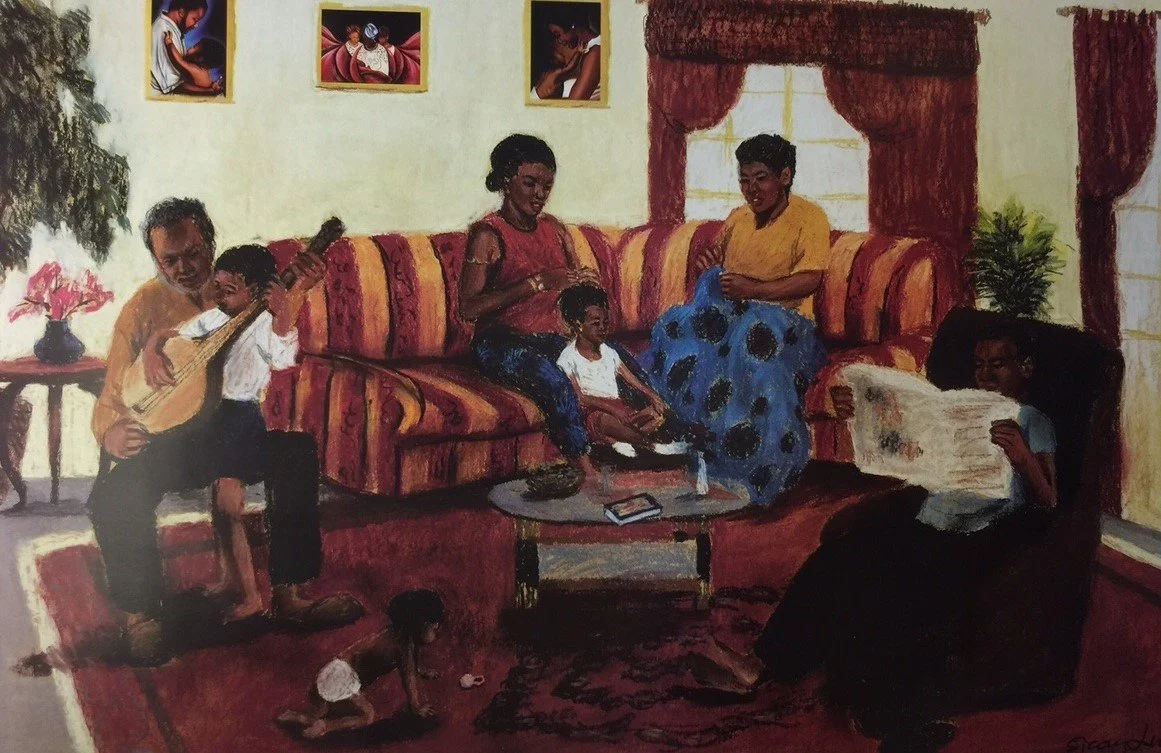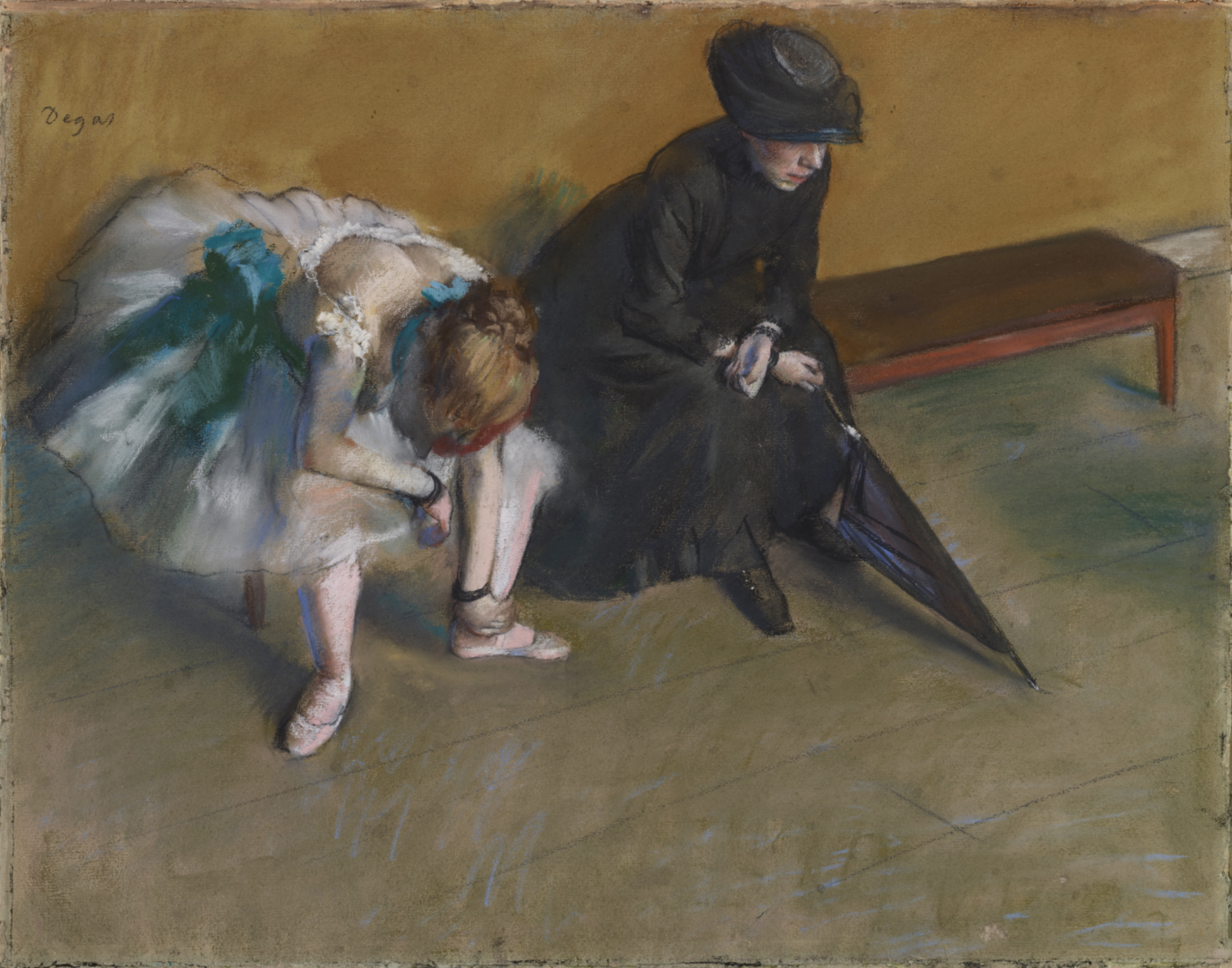
Blog

What is Reaction Formation?
Reaction formation is a neurotic defence mechanism where unacceptable impulses or feelings are unconsciously switched into their opposite, such as exaggerated friendliness masking hostility, which allows anxiety to be managed but can limit authenticity and cause long-term difficulties especially in relationships. In psychodynamic psychotherapy, recognizing this can help uncover hidden conflicts and can support patients in awareness and healing.

What is Intellectualization?
Intellectualization is a psychological defence mechanism where individuals cope with distress by focusing on logic and abstract reasoning instead of experiencing their emotions. As George Vaillant observed in his hierarchy of defences, it is a neurotic defence that can offer resilience during crises but, if overused, may limit emotional connections long-term.

What is “Acting Out”?
Acting out is a defence mechanism where unconscious conflicts and difficult emotions are expressed through impulsive behaviours rather than words. This defence is classified by George Vaillant as an immature defence as it provides short-term relief but can usually disrupt relationships and therapy, which makes it essential for psychodynamic treatment to help turn these actions into healthier communication and understanding.

What is Passive Aggression?
Passive aggression is an unconscious defense mechanism where anger or hostility is expressed indirectly through behaviours like procrastination, silence, sarcasm, or withdrawal. George Eman Vaillant described this as an immature defense that protects individuals from the anxiety of direct confrontation but can leave conflicts unresolved, which makes it an important focus in psychodynamic psychotherapy.

What is Fantasy Projection?
Fantasy projection, as described by George Eman Vaillant, is a defense mechanism in which individuals unconsciously attribute their own unacceptable thoughts or feelings to others, which can lead them into elaborate imagined scenarios. In psychodynamic therapy, exploring these fantasies can uncover underlying conflicts and provide insights leading to an increased self-awareness.

What is Projection?
Projection is a defense mechanism where individuals unconsciously attribute their own unwanted thoughts or feelings to others, which can distort relationships and self-understanding. In psychodynamic psychotherapy, exploring projection can help patients gain greater self-awareness and clarity, and as a result, may improve relationships.

What is “Denial” as a Defense Mechanism?
Denial is a psychological defense mechanism where individuals unconsciously reject painful realities to avoid emotional distress. Although this can offer short-term psychological relief, it can also impair reality testing and emotional growth, which makes it a main focus in psychodynamic psychotherapy. This process was studied by psychiatrist George Eman Vaillant.

What is Delusional Projection?
Delusional projection, first theorized by psychiatrist George Eman Vaillant as a psychotic-level defense mechanism, involves unconsciously attributing one's own unacceptable thoughts or feelings to others in a fixed or delusional manner. In psychodynamic psychotherapy, it is can be seen as a primitive strategy to manage overwhelming internal conflict and is addressed through careful and empathic therapeutic engagement.

What is Adlerian Family Therapy?
Adlerian Family Therapy is a psychodynamic approach based on Alfred Adler’s theory of individual psychology that addresses individual beliefs, roles, and patterns which helps families understand and improve their dynamics. This approach has an emphasis on encouragement and mutual respect which can allow families to resolve conflict and build emotional connections through a shared purpose and a sense of belonging.

What is Psychodynamic Attachment-Based Family Therapy?
Psychodynamic Attachment-Based Family Therapy is an approach that combines psychodynamic and attachment theories to help relational difficulties and address emotional distress within families by uncovering unconscious patterns influenced by early caregiver relationships. This approach allows for safe and open dialogue and encourages emotional expression, which can lead to strengthened attachment bonds and family dynamics.

What is Structural Family Therapy?
Structural Family Therapy (SFT) is an approach developed by Salvador Minuchin that looks at individual psychological distress as caused by dysfunctional family structures, focusing on the need to reorganize boundaries, roles, and hierarchies within the family to create healthier relationships. This approach can help restructure relationships and dynamics to create effective communication and emotional wellbeing as it engages with the family as a whole.

How Can Bowenian Family Systems Theory Help Families?
Bowenian Family Systems Therapy is a psychodynamically informed approach that looks at how unconscious emotional patterns and family dynamics influence individual and family functioning. Many concepts are examined through this approach such as "emotional fusion", "triangulation", and "inherited anxiety", which can help patients gain insights and create more balanced connections.

What is Adlerian Therapy for Couples?
Adlerian therapy for couples is a psychodynamically informed and goal-oriented approach that helps partners and spouses look at the unconscious patterns influenced by early experiences, while remaining mutually respectful, equal, and with a shared purpose. It works to support couples in rebuilding their connection from conflict and becoming more meaningful and collaborative by emphasizing empathy and understanding.

What is Emotion-Focused Therapy for Couples?
Emotion-Focused Therapy for Couples (EFT-C) is an evidence-based approach that helps partners or spouses look at emotional patterns based on attachment needs and past relationship experiences to create a more secure bond. Although this approach is usually short-term, EFT-C can be adapted or combined with other approaches for longer-term therapy, especially within the context of psychodynamic therapy.

How Can Attachment-Based Therapy Help Couples?
Attachment-based psychodynamic psychotherapy for couples explores how early attachment experiences with parents and caregivers influence emotional patterns and relational dynamics in adulthood. This approach can help couples build a more secure and understanding bond as it works to uncover and address roots of insecurity, feelings of disconnect, and conflict.

How Can Object Relations Theory be Used in Couples Therapy?
Object Relations Theory explores how early childhood relationships influence the way individuals relate to their partners or spouses in adulthood, which is one of the main approaches of couples psychodynamic psychotherapy. This approach can help couples better understand and adapt the emotional dynamics that influence their current relationship by looking into unconscious patterns formed through early attachments.

How Can The Bowenian Family Systems Approach Help Couples?
Bowenian Family Systems Therapy is a transgenerational approach that helps couples understand how their family-of-origin dynamics influence present patterns of communication, conflict, and emotional connection. It helps support couples in building healthier, more intentional, and emotionally safe partnerships by looking at self-differentiation and inherited relationship patterns from the past.

What is Existential Psychoanalysis?
Existential psychoanalysis is a philosophical approach to psychotherapy that challenges the scientific and deterministic assumptions of traditional psychology by focusing on human existence, intentionality, and the lived experience of being part of the world. It looks to understanding individuals by exploring the meanings, decisions, and experiences that influence one’s reality rather than just applying universal theories and instinctual drives.

What is Cultural Psychoanalysis?
Cultural psychoanalysis is a socially conscious branch of psychodynamic theory that looks at how identity, history, and systemic factors such as racism, colonialism, and gender norms influence the unconscious mind and the therapeutic relationship. It combines personal experience with broader cultural contexts and therefore offers a more inclusive and nuanced understanding of the self and the healing process.

Exploring the Four Attachment Styles
Attachment styles are relationship patterns that develop in early childhood based on parent or caregiver responsiveness and continue to influence how we form and maintain adult relationships. Understanding the styles of secure, anxious, avoidant, and disorganized attachment can provide insights into our emotional needs and challenges in relationships.

